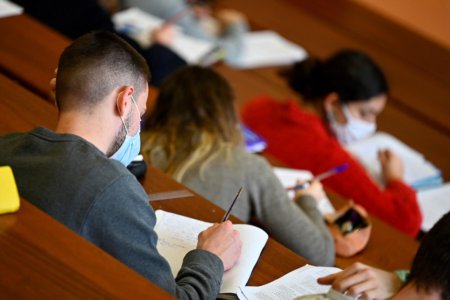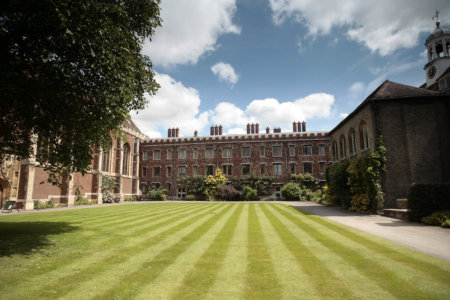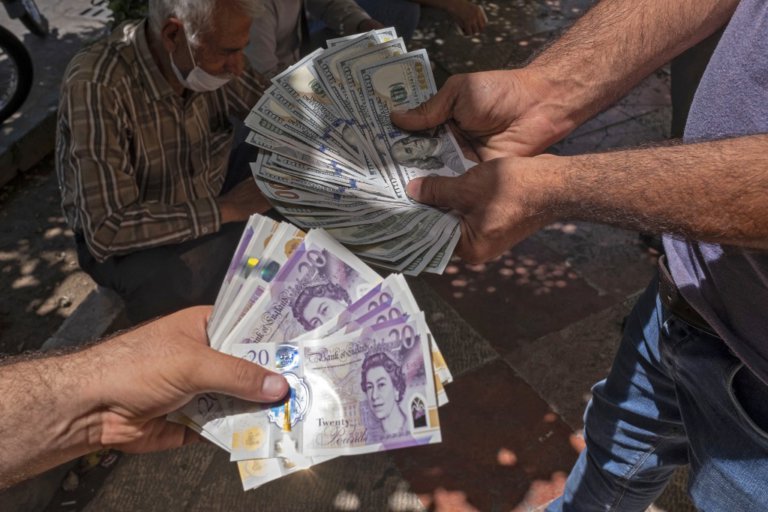
Getting paid to go to school is possibly every student’s dream. What better way to achieve that dream than through scholarships? The Chevening Scholarship is one of the fully-funded scholarships available for international students to pursue a one-year master’s degree in the UK.
Recipients have a free pass to join exclusive events and training as well as meet and build a global network with like-minded people from around the world. Most importantly, awardees can study worry-free, with their fees and expenses being fully covered.
Sounds too good to be true? Here are five not-so-known things about the prestigious Chevening Scholarship:
Things they don’t tell you about the Chevening Scholarship
1. Align your goals with the UK to improve your chances of winning a Chevening Scholarship

Applicants should check the Foreign, Commonwealth and Development Office (FCDO)’s development tracker as well as the UK government’s News and Communications section. Source: Cris Bouroncle/AFP
The UK benefits from having friends around the world. These include Chevening Scholarship recipients who are striving to realise the same goals as the UK.
You can show you aspire to be one of them in the essays you’ll write as part of the application process for the Chevening Scholarship. The essay topics explore your leadership and influence, network, reasons for studying in the UK and your career plan.
Here are two ways you can identify the UK’s priority areas in your home country:
First, check the Foreign, Commonwealth and Development Office (FCDO)’s development tracker. Here, you will see countries the UK is funding for this year. Once you’ve found your home country, you can fully access information on past and present projects that are or have been funded by the UK.
Another way is to look at the UK government’s News section. This monitors projects and gives you an overview of the latest developments. Let the interview committee know you’re aware of these and want to forge a future based on the same goals. This will give you an edge. Find a more detailed explanation here.
2. You can claim refunds

As an international student, you are entitled to both tax refunds and Value Added Tax (VAT) refunds. Source: Justin Tallis/AFP
There are two types of tax refunds you are entitled to as an international student in the UK.
Firstly, tax refunds. If you have undertaken a job, either part-time or vacation — you may need to pay Income Tax and National Insurance. In the case where you have paid income tax for those jobs, you are entitled to tax refunds or national insurance.
However, there are some double-taxation agreements that show you don’t pay UK tax on your income if you work while you’re a student. Check here if your country has such an agreement with the UK.
Secondly, Value Added Tax (VAT) refunds. If you bought anything in the UK within the last three months, you might be eligible for a refund. You’ll have to confirm you won’t enter the UK or EU for the next 12 months on student visas, short-term visas and tourist visas.
If you would like to claim VAT refunds and aren’t planning to return to the UK any time soon, here’s a step-by-step guide on how to claim VAT refunds.
3. A rumoured “reserves list”
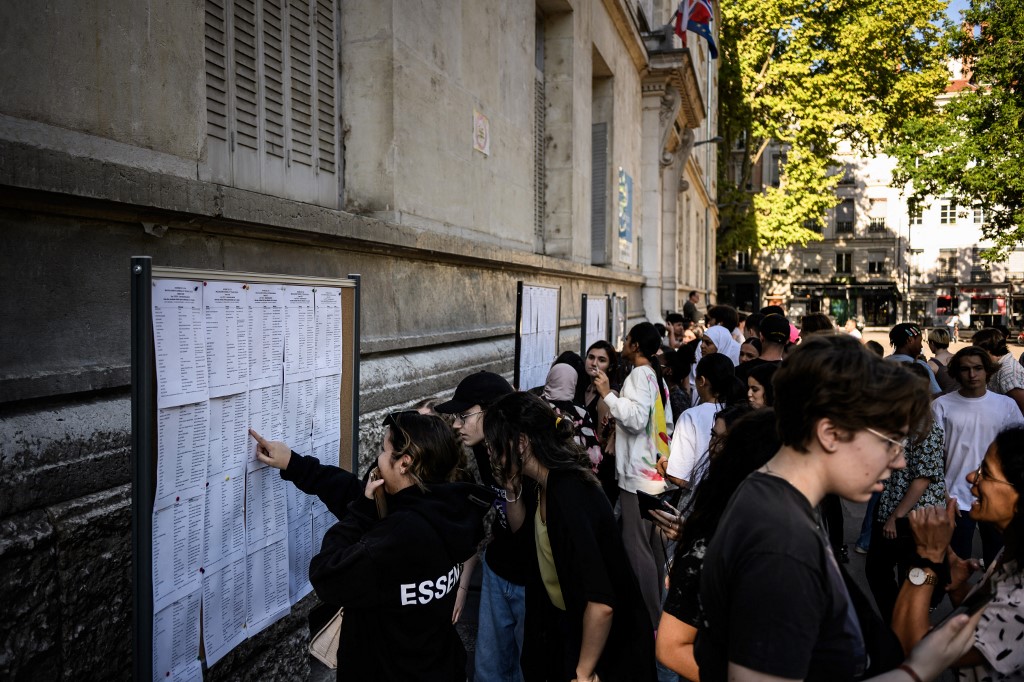
It is reported that some students received emails from the Chevening Scholarship board, mentioning that they’ve been placed on a reserves list. Source: Jeff Pachoud/AFP
Some applicants have reportedly received emails from the scholarship board, mentioning that they’ve been placed on a “reserves list”.
There are no sources confirming or explaining what being on the “reserves list” means. Previous Awardees shared that if you’ve been placed on the reserves list, you might still have a chance to be awarded the Chevening Scholarship. Check out this success story of a student from the “reserves list,” who eventually went on to become a Chevening Scholar.
4. English requirements are no longer needed
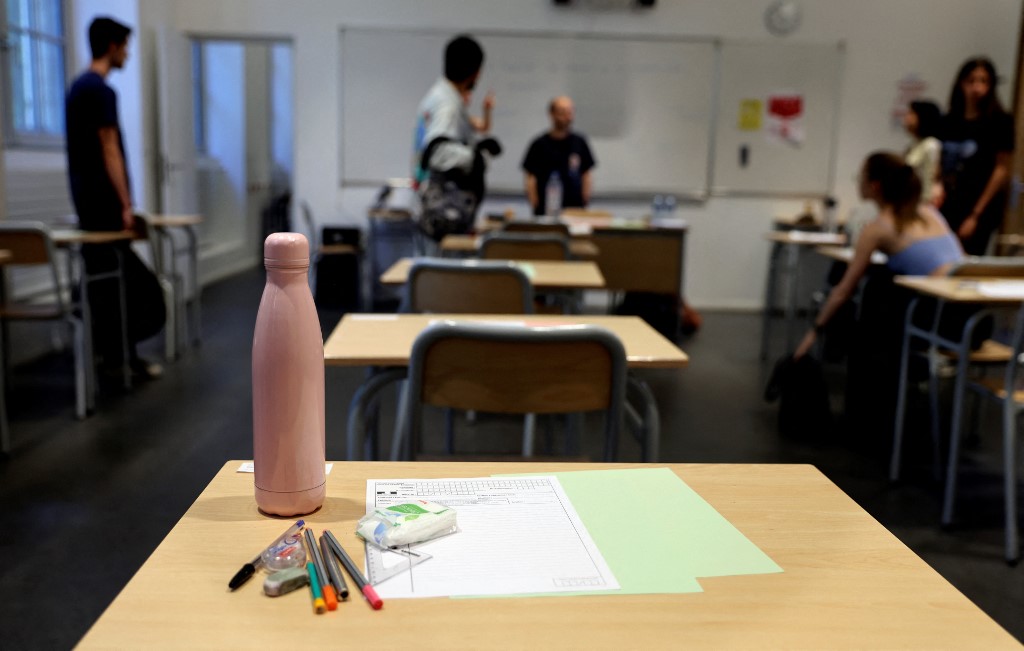
The Chevening Scholarship no longer requires its applicants to show proof of their English proficiency. Source: Thomas Coex/AFP
The COVID-19 pandemic has made it difficult and, in most cases, inaccessible for students to take the required English tests. To standardise the scholarship application sessions for 2022, the scholarship committee waived the English proficiency requirement.
In light of this, many UK unis have also expanded their list of acceptable qualifications for entry. The best thing to do is to check with your individual universities if they still expect proof of English test requirements.
5. You don’t have to be a first class student

International students don’t have to be first class honours degree holders to apply for the Chevening Scholarships. Source: Oli Scarff/AFP
While it’s true that applicants typically need to have an upper second class 2:1 honours degree, they don’t have to first-class graduates to apply for the scholarship.
Take John Ogunjimi, for instance. Ogunjimi is a 2020 Chevening Scholar who decided to pursue a master’s degree in Forensic Science. Although he only had a lower second class 2:2, the Chevening Scholarship committee looked at his experiences, dreams and passions. This shows that it boils down to your ability to demonstrate your goals and vision for your future — and maybe even that of your sector or your country — that’ll distinguish you from others.
You can learn more about Ogunjimi’s experience here.









